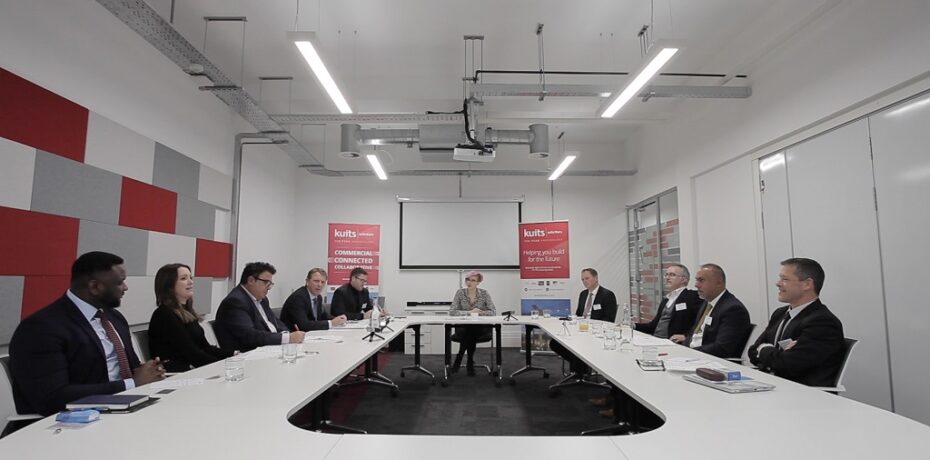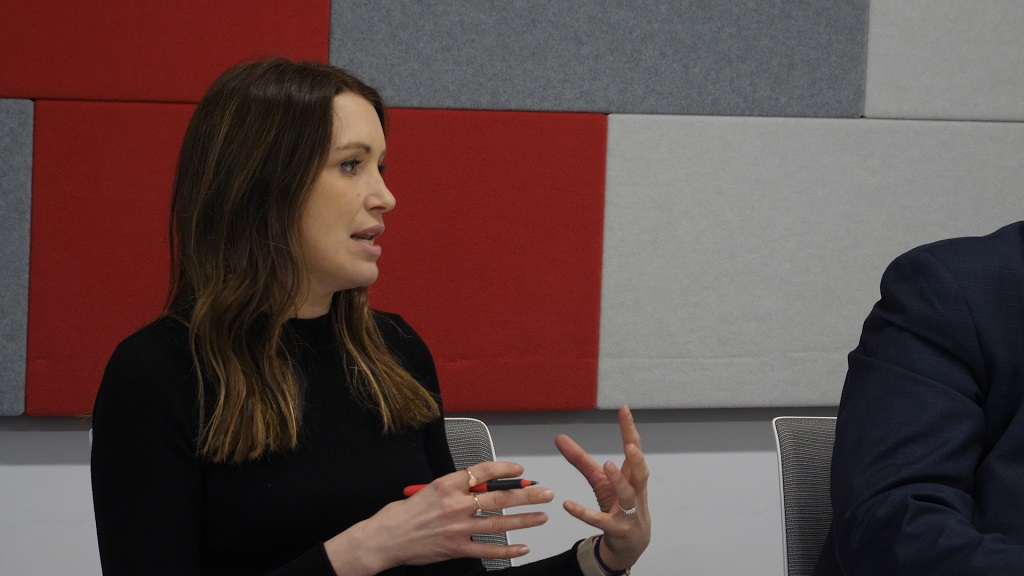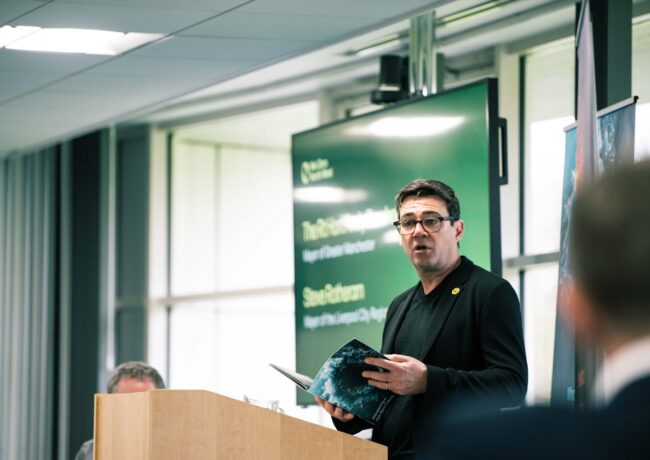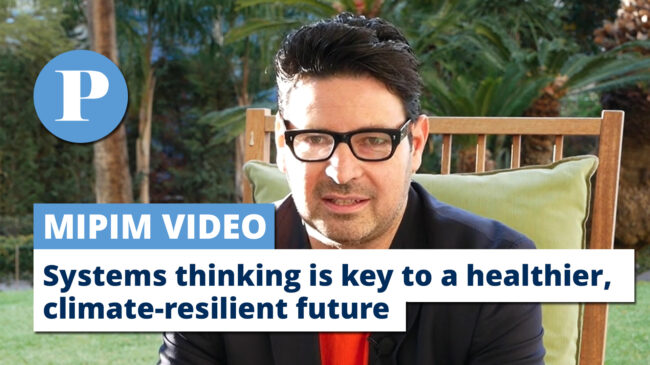VIDEO | Kuits roundtable on energy from waste
Exploring the future of energy-from-waste in commercial schemes and the potential for downscaling the technology for use in urban residential settings were the topics discussed at a roundtable hosted by Manchester law firm Kuits.
The debate was chaired by Jessica Middleton-Pugh, contributing editor of Place North West.
The participants were:
- Mike Cooke, Vital Energi Utilities
- Charlie Tomlinson, Kuits Solicitors
- Amer Rafique, Stantec
- Jean-Francois Brua, CNIM Industrie
- Rebecca Eatwell, Font Communications
- Bryan Fashola, Lombard
- Bob Fletcher, Fletcher-Rae Architects
- Jon Sime, Walker Sime
- David Diggle, Turley
Some key talking points from the roundtable included:
Jean-Francois Brua: “People should use proven energy-from-waste technologies, as the evolving technology is not risk-proof or guaranteed to work. We at CNIM Industrie have built around 300 energy-from-waste lines and 24 plants and even we are still learning every day as waste is a new fuel.”
Bryan Fashola: “What needs to be considered at the preliminary stage is cash flow, as these projects are reliant on a steady stream in order to repay the funding. Essentially, what you need to have a successful project is tech that works and cash that you can bank on.”
Rebecca Eatwell: “There are standard planning issues that come up with energy-from-waste schemes, plus more that come from negative public perception along with trying to get politicians to agree that these plants are needed.”
Amer Rafique: “Maybe what the energy-from-waste industry needs to do is build smaller sites. It would be better for the sector as a whole to provide up to five megawatt plants rather than huge 25-megawatt plants, so they can be integrated better into cities?”
David Diggle: “Health risk perception from the public is a massive issue on our end. There is no impact on the health of communities, but this perception makes it so and therefore gives it weight and the schemes are subsequently refused at planning because of it.”
Charlie Tomlinson: “Setting a realistic timescale will aid growth of the sector. What needs to be done is set a sensible cost plan, if it involves public money, and if it is a high scale project, its needs a realistic time frame.”
Mike Cooke: “Public perception is an issue because people believe energy-from-waste plants are different to what they actually are. In fact, they are easier to maintain than individual gas boilers in millions of properties across the UK. The main issue that should be addressed is the disruption that comes from building them.”
Bob Fletcher: “Another challenge for the sector is the integration of the design process at an early stage, as that would save money and space in the long run. To do this, you need to lock in an operator early, which is difficult as major operators don’t want to commit to this technology at an early stage.”
Jon Sime: “There needs to be a Government subsidy for smaller schemes, as if smaller schemes need less capital value to get started, more tenants may be attracted to enter the market.”





